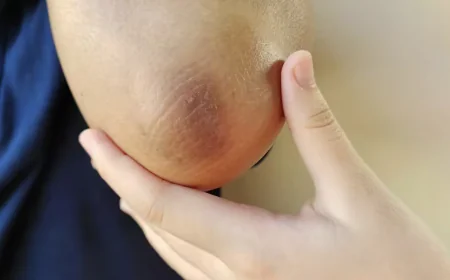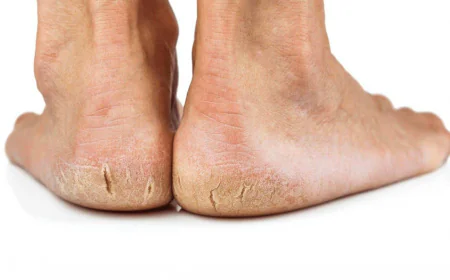Little bad behavior of in-laws cannot be included in the cruelty of dowry harassment: Supreme Court
What is Dowry Prohibition Act 1961: The Supreme Court, while hearing a case, said that the case of ill-treatment of the daughter-in-law in the in-law's house cannot be called dowry harassment. Let us know that the bench has made important comments during the hearing of the case.

The Supreme Court, while hearing a case of dowry harassment, said that ill-treatment of the daughter-in-law in the in-law's house cannot be called dowry harassment. If no evidence is produced of ill-treatment by the in-laws during the marital life of the complainant then the accused cannot be held guilty of cruelty under section 498A of the IPC. Supreme Court Justice Sanjeev Khanna made this comment during the hearing of a case in Karnataka. A woman from Karnataka had alleged that her newlywed sister-in-law used abusive language with her and threw her personal belongings in the dustbin.
The Supreme Court bench found that the accused woman i.e. sister-in-law did not live in that house with her sister-in-law. The woman lived abroad. The court found that the brother's wife i.e. sister-in-law could not present any specific evidence of the cruelty inflicted on her by the woman. The bench said that the woman's brother had divorced his wife in 2022 and her sister-in-law's allegations against him were very vague and general.
According to the Dowry Prohibition Act 1961, there is a provision of imprisonment of 5 years and a fine of Rs 15,000 for taking or giving dowry or aiding in its transaction. Under Section 498-A of the Indian Penal Code, which deals with the case of illegal demand for property or valuables by the husband and his relatives, imprisonment of up to 3 years and a fine can be imposed. If the girl refuses to hand over her stridhan, under Section 406, the girl's husband and in-laws can face imprisonment of up to 3 years or a fine or both.
Want to get your story featured as above? click here!
Want to get your story featured as above? click here!





































.jpeg)


































































































